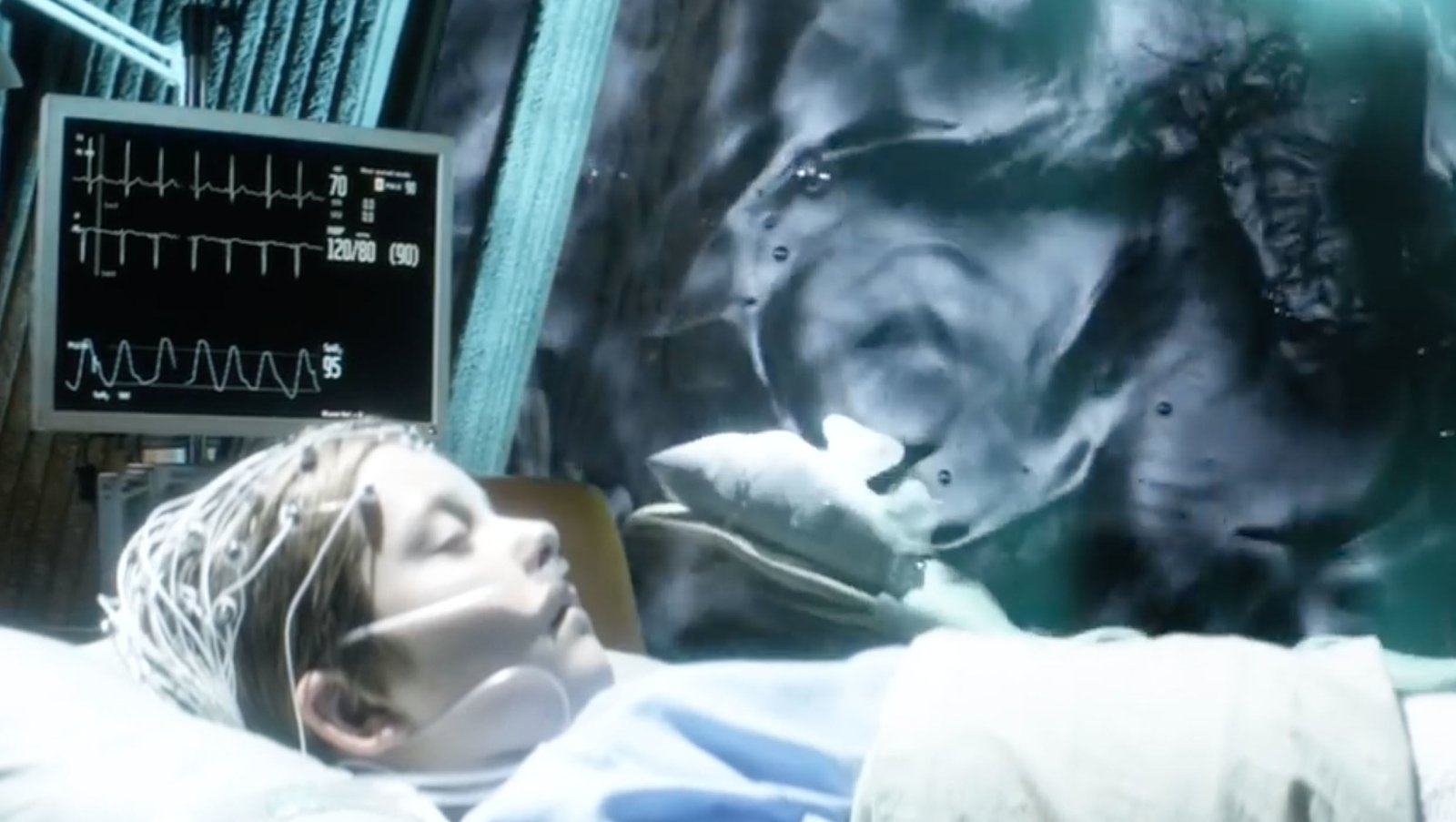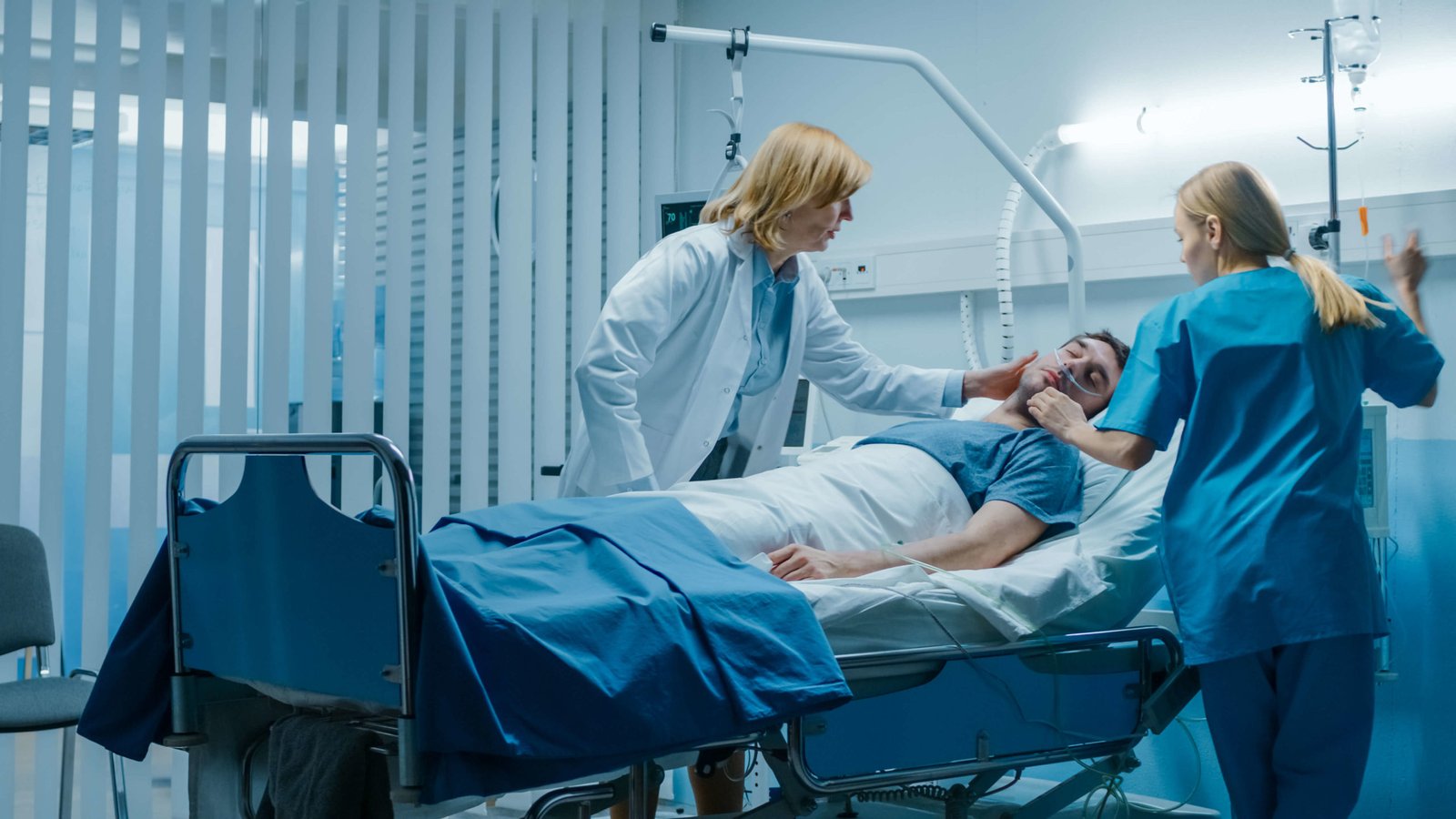Definition of Unconsciousness – Nursing is a profession within the healthcare sector focused on the care of individuals, families, and communities so they may attain, maintain, or recover optimal health and quality of life. Nurses may be differentiated from other healthcare providers by their approach to patient care, training, and scope of practice. Nurses practice in many specialisms with differing levels of prescriber authority.
Many nurses provide care within the ordering scope of physicians, and this traditional role has shaped the public image of nurses as care providers. However, nurses are permitted by most jurisdictions to practice independently in a variety of settings depending on training level. In the postwar period, nurse education has undergone a process of diversification towards advanced and specialized credentials, and many of the traditional regulations and provider roles are changing.
Nurses develop a plan of care, working collaboratively with physicians, therapists, the patient, the patient’s family, and other team members, that focus on treating illness to improve quality of life. Nurses may help coordinate the patient care performed by other members of an interdisciplinary healthcare team such as therapists, medical practitioners, and dietitians. Nurses provide care both interdependently, for example, with physicians, and independently as nursing professionals.
Definition of Unconsciousness | CHAPTER 21 | Fundamentals of Nursing
Unconsciousness is when a person is unable to respond to people and activities. Doctors often call this a coma or being in a comatose state.
Other changes in awareness can occur without becoming unconscious. These are called altered mental status or changed mental status. They include sudden confusion, disorientation, or stupor

Unconsciousness or any other sudden change in mental status must be treated as a medical emergency.
Definition of Unconsciousness:
Unconsciousness is a state in which a person does not respond to external stimulus. In case of complete absence of response to any amount of stimulus the state is called coma.
or
Unconsciousness is when a person suddenly becomes unable to respond to stimuli and appears to be asleep. A person may be unconscious for a few seconds (fainting) or for longer periods of time.
or
Unconsciousness is due to interference with the functions of the brain. Seriousness can be determined by testing the casualty’s response to stimuli such as sound or touch.
or
Unconsciousness occurs due to disturbance in the functioning of the central nervous system. It may be complete or partial. If complete unconsciousness, there is no response from the patient. If partial unconsciousness, there may be numbing or incoherent replies.
Causes of Unconsciousness
1. Cerebral anemia. This is due to alternation of blood supply to the brain resulting in lack of oxygen to nervous system.
2. Asphyxia and its various causes
3. Injury to the brain. E.g. fracture of the skull
4. Tumors of the brain
5. Apoplexy (cerebral hemorrhage, cerebral thrombosis or cerebral embolism)
6. Epilepsy
7. Electric shock
8. Diabetic and insulin coma
9. Uremia and eclampsia
10. Poisoning by alcohol, coal gas or by drugs such as morphine, opium, barbiturates and other hypnotics
11. Hypertensive encephalopathy
12. Meningitis
13. Fear
14. Heat ban
15. Stroke
16. Pneumonia
17.Neurosyphilis/Severe infection in brain and spinal coard
18. Subdural hematoma
19. Severe infection
20. Hysteria
Sign & Symptoms/Clinical Feature of Unconsciousness:
The following symptoms may occur after a person has been unconscious:
- Amnesia for events before, during, and even after the period of unconsciousness)
- Confusion
- Drowsiness
- Headache
- Inability to speak or move parts of his or her body (see stroke symptoms)
- Lightheadedness
- Loss of bowel or bladder control (incontinence)
- Rapid heartbeat (palpitations)
- Stupor (profound confusion and weakness)
If the person is unconscious from choking, symptoms may include:
- Inability to speak
- Difficulty breathing
- Noisy breathing or high-pitched sounds while inhaling
- Weak, ineffective coughing
- Bluish skin color

Ways to Remember the Causes Of Unconsciousness
Remember A, E, I, O, U
A- Accident, alcohol poisoning, asphyxia, anesthesia etc
E- Eclampsia, Epilepsy, Electric shock
I– Infection, Insulin coma, internal hemorrhage
O-Opium poisoning
U- Uremia
O- Others = Diabetic coma, diseases of brain, hypertension, haemorrhage, meningitis, pneumonia.
General examination of an unconscious patient
It is important to find out the cause of unconscious but time should not be wasted in diagnosis. Certain facts should be noted and reported to the doctor on his arrival.
1. The position of the patient. Whether he/she is lying in a natural or abnormal position.
2. The color of the face, whether it is pale, blue or flushed.
3. Whether there are many wounds present particularly in the skull.
4. Whether there is any hemorrhage
5. Whether there is any specific odor from the patient breath, such as alcohol
6. Whether the pulse rate is rapid and weak
7. Whether there are convulsive movements or whether the patient is absolutely still
8. Whether the respiration are deep and slow, rapid and shallow or of the air hunger type.

First aid Management/ Nursing Care of Unconscious Patients
1. Check and control ABCs
- A—Airway control
- B—Breathing and ventilation
- C—Circulation
2. Patient should be kept in a rail cot bed to prevent him/her falling down
3. The patient should be kept lying flat with the head turned to one side, unless other instructions given
4. Undo tight clothing round the neck chest and waistedimams of yo
5. Air way must be kept clear so that patient can breathe easily
6. Oxygen inhalation should be given if necessary
7. A nasogastric tube may be passed and liquid feeding can be given
8. Never give fluids by mouth to the patient who cannot swallow
9. Take care of oral hygiene is very important specifically if patient is being tube feeding
10. Change the position every two hourly by day and night,
11. To take care of eyes, nose and ears
12. Maintain fluid balance chart (intake and output chart) strictly
13. Care of bowels and bladders
14. Bladder elimination urinary incontinence managed by inserting a catheter attached to continuous drainage
15. All medication should be given in time
16. Care of skin to prevent bed sore
17. Personal hygiene must be maintained
18. Patient room should be well ventilated and free from odor
20. Maintain fluid and nutritional balance
21. If necessary oropharyngeal suction should be given
